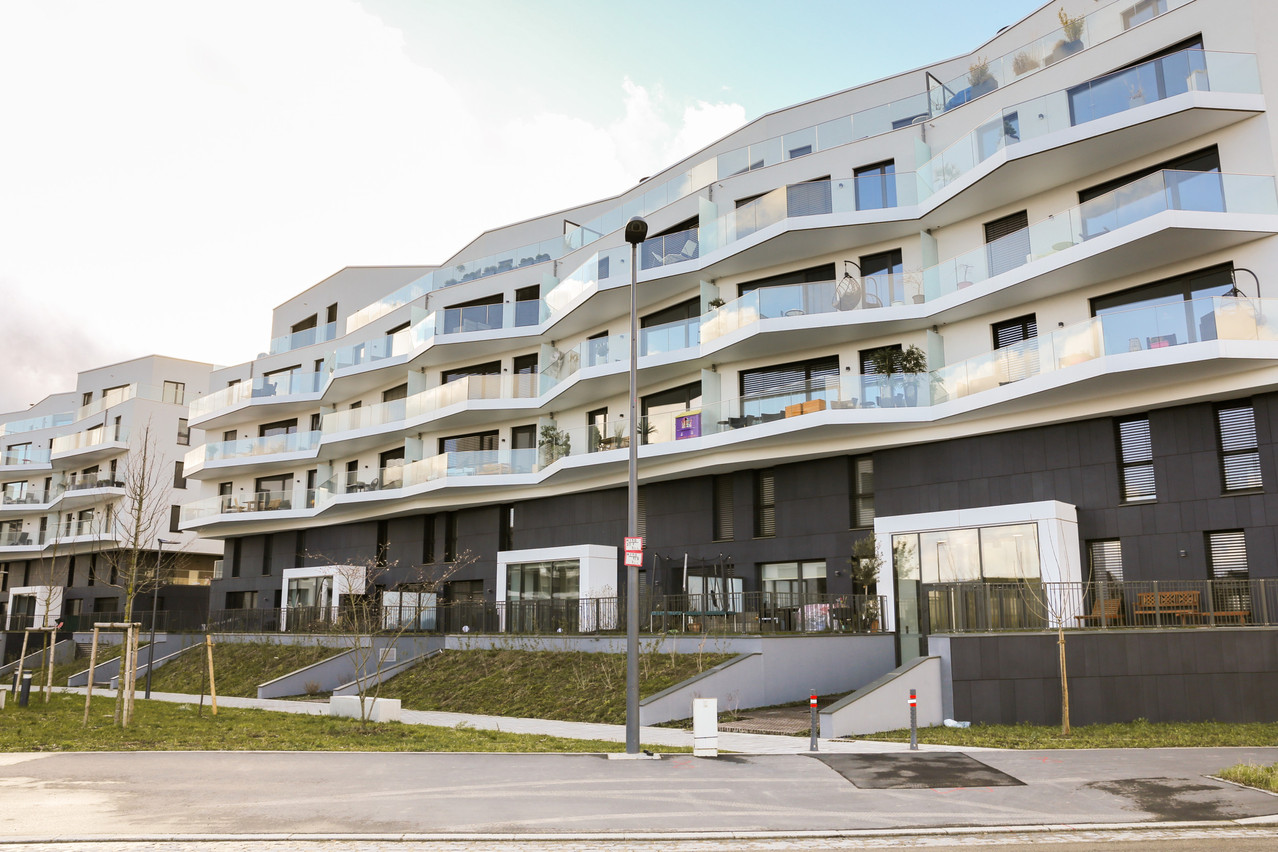Luxembourg in 2015 introduced a support scheme to help relieve asylum seeker centres and provide housing for people who have been granted international protection but cannot afford to rent in the regular market.
Under the programme, communes rent properties from private owners in the market, and in turn rent them out at a cheaper rate to refugees or people who benefit from housing assistance. The state then steps in to compensate communes for the rent they pay to owners, which is higher than what they receive from their tenants.
But only 19 out of the country’s 102 communes signed up to the scheme when it was introduced, interior minister Taina Bofferding and housing minister Henri Kox said in a joint response to a . Four communes have since dropped out of the programme.
“The government has put in place a package of measures to support municipalities in the welcome and integration of BPIs [beneficiaries of international protection, editor’s note]. It’s reported back to us that many communes have undertaken efforts in this direction, but often face the reluctance of landlords to provide rental housing according to the terms offered to both BPIs and people eligible for housing assistance,” the ministers said.
While 19 communes signed up to the programme in 2015, only five of them appear in a list of municipalities that received funds from the government. By 2021, only three communes received the subsidy.
In total, the government has spent just over €322,500 on the housing subsidy since introducing it, handing out €35,090 so far this year.
On the other hand, a similar programme is proving more successful. The so-called “gestion locative sociale” sees not-for-profit organisations such as the Red Cross or Caritas sign agreements with the government and then rent private properties to sublet them to disadvantaged individuals who are unable to find a home on the regular market.
Rents paid to the owners are around 30-40% below market value, but landlords receive rent even when the property stands empty and 50% of the net income gained is tax free.
More than 900 properties were being let under the “gestion locative sociale” in 2020, up from just 366 five years before in 2016.
